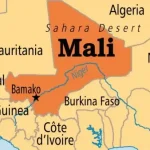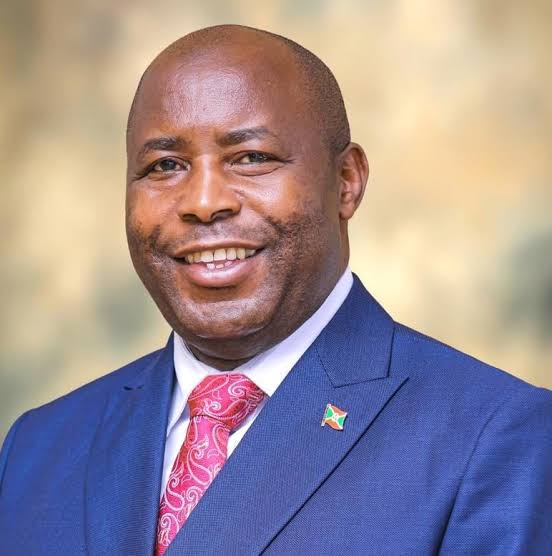
South African Tycoon Predicts Rebound for Nigeria Amid Corporate Departures

South African billionaire Christo Wiese revealed that Nigeria’s sizable and expanding population presents an irresistible opportunity for businesses despite the recent departures of corporate brands from the West African nation.
Wiese, former chairman of Shoprite Holdings Ltd., Africa’s largest grocer, which exited Nigeria in 2021, expressed confidence in a recent interview on Bloomberg TV that major players would eventually re-enter the market.
He highlighted the challenges foreign investors face in Nigeria, stemming from its historical reliance on single-commodity economies and resultant economic volatility. He suggested that many investors, including South African investors, adopted a cautious approach, waiting for economic development and favourable government policies before committing.
The departure of global conglomerates like Procter & Gamble Co., GSK Plc, Bayer AG, and Sanofi SA underscored the difficulties of operating in Nigeria, including currency instability, infrastructure deficiencies, and bureaucratic hurdles. These challenges have also affected multinational corporations like Unilever Plc and Nestle SA.
A significant factor contributing to the exodus is the scarcity of dollars needed for repatriating earnings, exacerbated by currency devaluation, power shortages, and port congestion. Segun Ajayi-Kadir, director general of The Manufacturers Association of Nigeria, warned of potential further closures if the situation doesn’t improve.
Despite Nigeria’s abundant natural resources and population growth, policy failures, corruption, and over-reliance on oil have hindered economic progress. As anticipated, the inability to expand the middle class has also impacted consumer goods markets.
The consequences of corporate exits for Nigeria’s economy are substantial, including increased pressure on the naira and setbacks to diversification efforts. In 2022, the country experienced a net outflow of $187 million in investment, compared to nearly $9 billion in 2011, further straining economic stability.
Read more: Boston Declares Burna Boy Day as March 2
About The Author
Related Articles
Mali Raises $56M from Telecom Taxes, Channels Bulk Toward Power Supply Upgrades
The Government of Mali has announced that a total of 34 billion...
ByOluwasegun SanusiJuly 18, 2025Ghana’s Foreign Minister Debunks “Igbo Kingdom in Ghana” Claim, Calls for Pan-African Solidarity
Ghana’s Minister for Foreign Affairs, Sam Ablakwa has officially debunked viral claims...
ByOluwasegun SanusiJuly 18, 2025Burundi’s President Ndayishimiye Appointed as African Union Special Envoy for Sahel Region
The Chairman of the African Union (AU), H.E. João Lourenço, has appointed...
ByOluwasegun SanusiJuly 18, 2025Burkina Faso’s August 4 Stadium Reopens After Major Renovation and CAF Reaccreditation
After four years of absence from the international football scene, Burkina Faso...
ByOluwasegun SanusiJuly 17, 2025











